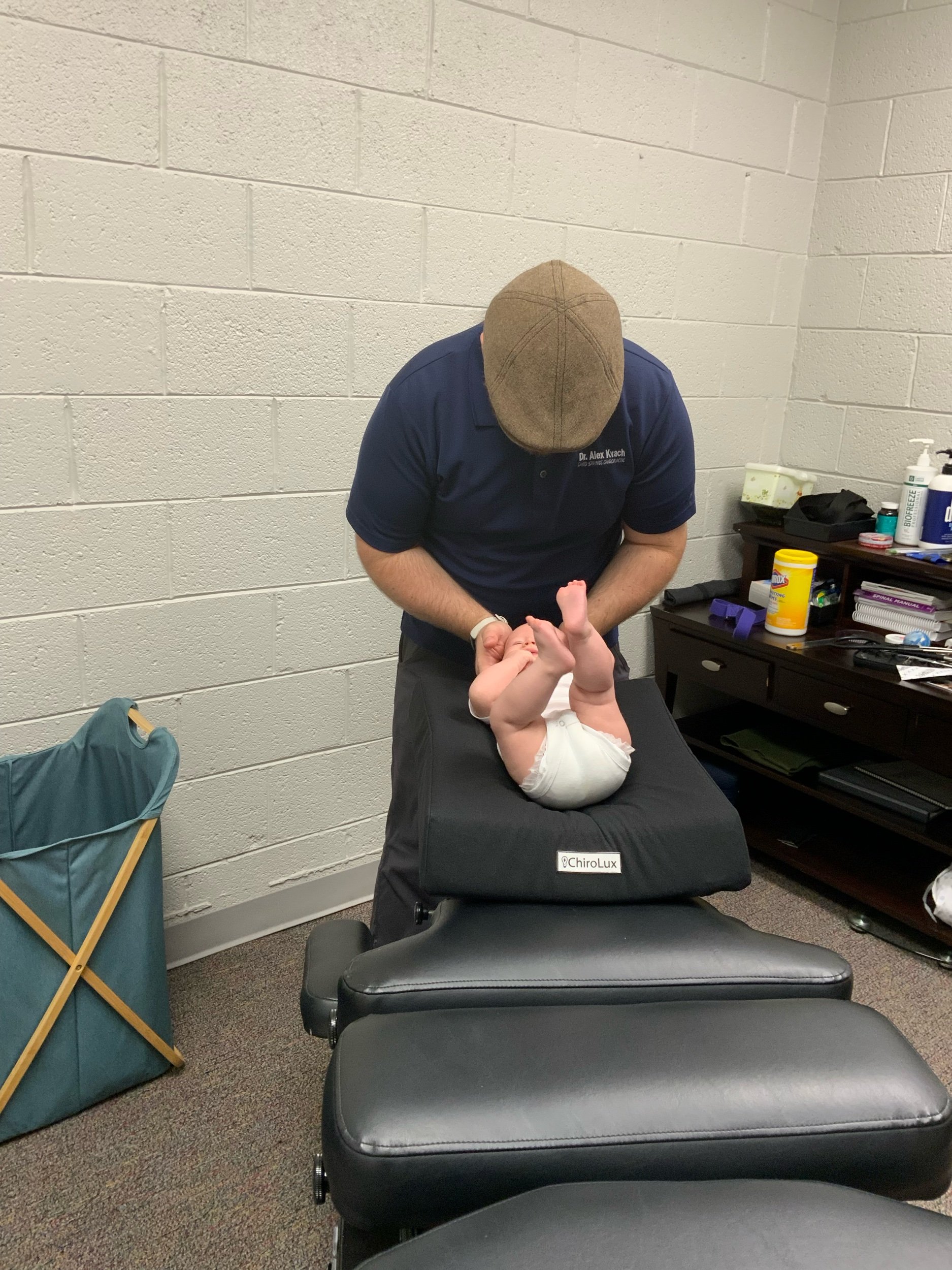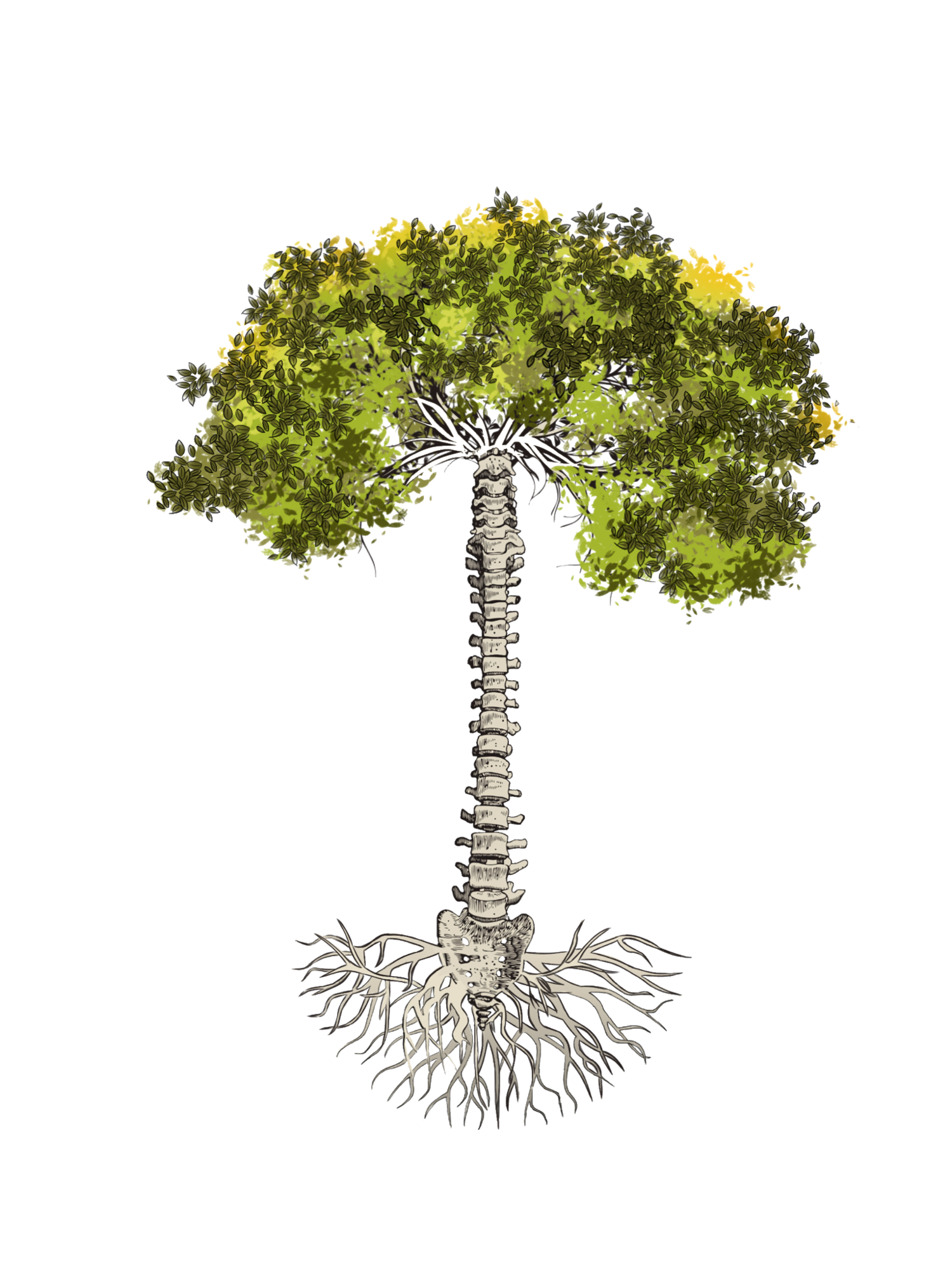
Pregnancy & Postpartum Chiropractic Care
-
Prenatal (during pregnancy)
During pregnancy as your baby grows and your uterus enlarges this will cause an increase in lumbar lordosis (increase in the curve in your low back) and shift the center of gravity increasing strain on bones, muscles, and ligaments of lumbar region. In addition, hormones cause by the pregnancy are relaxing your abdominal wall muscles, primarily the rectus abdominis (your Abs), which can make it hard for you to maintain healthy posture*. Currently, the International Chiropractic Pediatric Association (ICPA) recommends that women receive chiropractic care throughout pregnancy to establish pelvic balance and optimize the room a baby has for development throughout pregnancy. With a balanced pelvis, babies have a greater chance of moving into the correct position for birth, and the crisis and worry associated with breech and posterior presentations may be avoided altogether. Optimal baby positioning at the time of birth also eliminates the potential for dystocia (difficult labor) and therefore results in easier and safer deliveries for both the mother and baby. Most expectant mothers state that they feel like they walk better because there is fluid motion in the hip joints (SI joints). We have special pillows and our adjusting table has a break away piece that allows you to lay comfortably on your stomach without any risk to the baby.
-
Postnatal (after giving birth)
Often after birth, whether vaginally or via c-section, the mother’s pelvic biomechanics change – these changes can bring discomfort with walking, nursing and sleeping. It can also be beneficial to mobilize the thoracic region due to positions during breastfeeding, bottle feeding or simply rocking children. There is a tendency for new mothers to flex forward for long periods of time which can aggravate the mid back area. Carrying car seats with infants in them also alters biomechanics. We have special pillows to aid in the adjusting process to decrease breast pain while mobilizing the Thoracic spine.
*https://www.ncbi.nlm.nih.gov/pmc/articles/PMC6262502/#:~:text=The%20enlarging%20gravid%20uterus%2C%20accompanying,be%20able%20to%20maintain%20posture.






